I am crazy for International Film Festivals and every year I buy a bunch of tix for the SF fest. This year I have about 16 movies! It’s the only time you can see great films, both narrative and documentary, from places like Iran, Argentina, Indonesia, Brazil, Korea, etc. Here’s some capsule reviews of some of my faves so far (only half way through):
Lucia Morat’s narrative “Almost Brothers” is an incredibly interesting movie. It is set mostly in prison (she herself was a political prisoner during the Brazilian military dictatorship) but goes back and forth in time between the 50s, 60s, 70s and now. It revolves around two characters, one black and one white, who first meet as small children when their fathers connect (the white guy’s dad is a musicologist, the black guy’s dad is an awesome samba composer who never makes an album). The white guy grows up to be a leftist militant who is imprisoned by the dictatorship. In jail he meets his childhood friend who was imprisoned for some petty crime. A political process unfolds in which the political prisoners integrate the ‘common’ criminals into their “collective”, set down rules of behavior and solidarity and create some real space in jail for themselves.
The story is interspersed with a contemporary scene in which the former political prisoner is now a parliamentarian visiting his old ‘friend’, now a big-time criminal gang leader, still in jail, but running his boys from a mobile phone in his cell (is that why it’s a cellphone?), ordering executions and managing drug and weapons buys from inside. The contemporary story becomes increasingly understandable as the flashbacks reveal how the prison culture evolved as more ‘common’ criminals arrived and the political prisoners, trying to resist the descent into a darwinian struggle for survival, segregate themselves (which turns out to be an oblique reinforcement of the basic racism of Brazilian criminal ‘justice’).
It’s a fascinating, powerful film, brilliantly scripted, acted and directed, and works too as a larger metaphor about the world today. How are self-conceived rational, political people going to influence the course of events dominated by Might is Right and insane levels of armed violence, drugs, brain damage, racism, and philosophical retardation? No easy answers…
Fernando Solanas’s new film “Memoria del Saqueo” (replaced in English with “A Social Genocide”) is a long two hours on the looting of Argentina. Where Naomi Klein’s “The Take” presents a story about workers trying to cooperativize their abandoned factories in the wake of the looting, Solanas painstakingly dissects the decades-long history of the destruction of Argentina by neoliberalism. He names names, he shows the continuity of the policies as promoted by the IMF/World Bank and its obedient servants in Argentina, most prominently Carlos Menem, but really the entire political and business class, including the media. It’s impossible to see this film and not see the stark parallels with the current wholesale looting of the U.S. The plunder of the former USSR also leapt to mind again and again, as oligarchs and their political hacks grabbed everything for their personal benefit, leaving behind a rusting, looted, decrepit infrastructure that will take years to repair and rebuild.
Leonard Retel Helmrich, a Dutch filmmaker, gets inside the dilemma of many so-called ‘third world’ peoples living in the sprawling slums of the new megacities, in this case, villagers eeking out a living in Jakarta Indonesia. Should they stay or should they go (back to their former village life)? Turns out neither choice amounts to one easy to embrace, a cogent and honest portrayal of a resilient humanity in the face of desperation and despair. And his cinematography is really stunning. This film, “Shape of the Moon”, is worth seeing for the story but it’s really exciting to see for the cinematography.
Nikolaj Arcel’s “King’s Game” is a Danish political thriller, and a very enjoyable movie. It’s tightly scripted, taut, well acted, and has a nice twist at the end. It’s the story of a political struggle in a centrist party that’s about to win the election, and airs the dirty laundry of Danish politics and bourgeois parliamentary politics more generally.
Werner Herzog’s “The White Diamond” is another amazingly beautifully shot film, this one on HD. It’s about a small airship that allows quiet examination of rainforest canopies, but actually it’s about the strange man who builds the ship and some of the characters they find in Guyana where they make the movie. And finally, it’s about Herzog’s peculiar sensibilities, mixing pathos, ego, nature, science, and technology in ways that only he does. I loved it.
Raymond Depardon’s “Profiles Farmers: Daily Life” is also a beautiful film. It focuses on the disappearing culture and economy of the farmers of the middle ranges of the southern French mountains. He’s trying to capture the life of a vanishing breed of small farmer before it’s gone and this film does a great job of introducing us to a range of personalities and dramas, including the overarching reality that a lot of these farms are being bought as vacation homes and the land is increasingly laying fallow. Subsidies, technology, markets, the decay of families, and much more… this film is part two of three, being shot over a ten year period. I didn’t see part one, but would like to, and I’m really curious about part three, scheduled for 2008.
“Three Times Two” is a Cuban assemblage of three different directors, and I frankly thought it was awful. Other friends who were there didn’t dislike it as much as I did, but it was terribly sappy, overly sentimental, and just didn’t hold my interest (especially awful was Lester Hamlet’s “Lila” segment, entirely musical, entirely pathetic!).


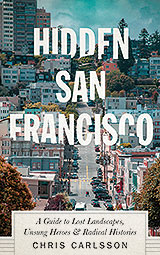
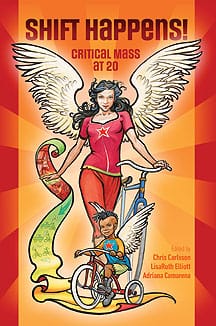
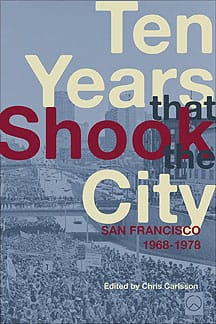
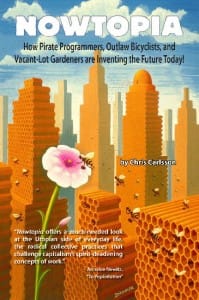
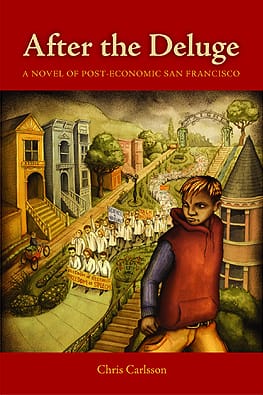
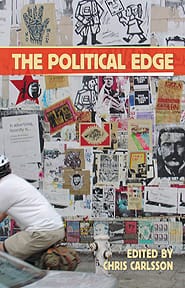
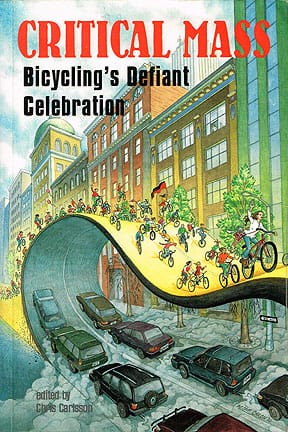
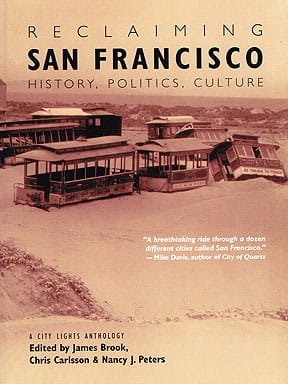
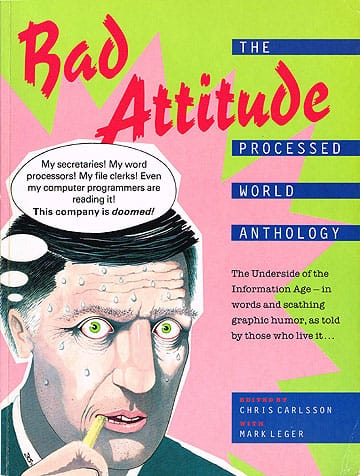
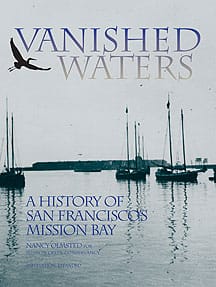
Leave a Reply